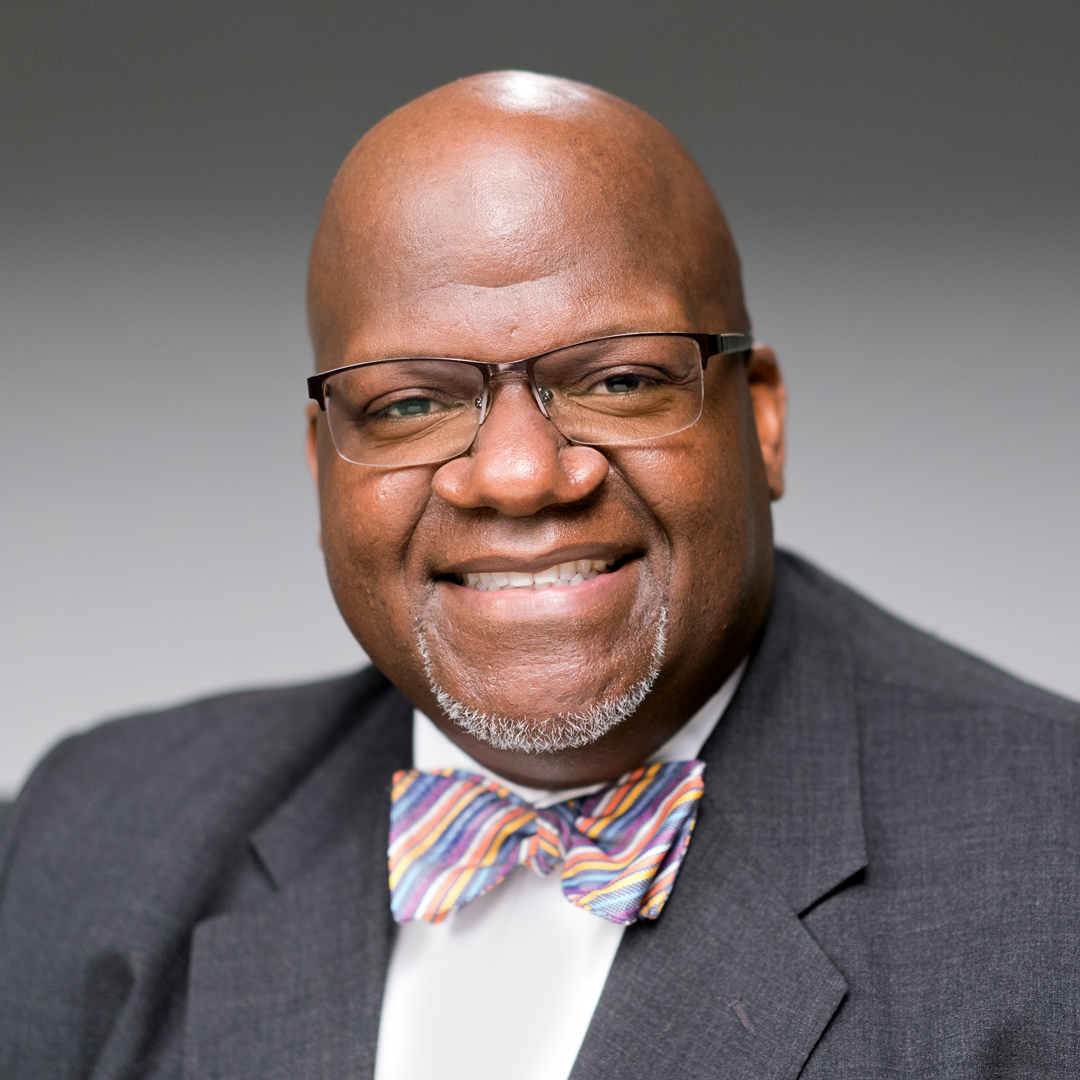At nineteen-years-old, Lou DeSorbo was elated to have the opportunity to join the Air Force and work in a highly technical and scientific field.
“I was young, but I was just barely self-aware enough to realize that I was not ready to succeed at university as a mechanical engineering major,” DeSorbo says.
Then, one day, DeSorbo received a call from an Air Force recruiter. “I was in a place where I was open to the idea,” DeSorbo says. “That’s how I got into the Air Force and became involved in the field of applied geophysics.”
Apart from being an exciting opportunity, the Air Force prepared DeSorbo for a career in technology. He soon found his way into an organization called the Joint Task Force-Computer Network Operations (JTF-CNO), now known as the United States’ Cyber Command, where being a science geek paid off.
His first opportunity with the JTF was as a cyber operations watch officer. The job required him to sit in an operations center working 24-7 with several highly motivated and dedicated professionals who were in the groundbreaking phases of learning how to build a cyber-operations force.
Within the organization, DeSorbo was afforded another opportunity to work in cyber research and development for about two years, followed by yet another opportunity to lead the Cyber Strategic Defensive Operations Division, before being selected as the strategic adviser to the director of operations at the JTF. As the strategic adviser, he had the time to think about cyberspace as a war-fighting domain and about the mission space at varying levels of complexity.
“Getting started as a watch officer, it’s a very tactical mind-set, mostly involving network operations,” DeSorbo says. “As I moved through the organization and took on more senior roles, the levels of complexity and abstraction that I needed to pick up to be successful increased as well.”
He says that there are things about cybersecurity operations that in his opinion can only be learned when one is working weekend and midnight shifts, when people from the other parts of the world are awake and hatching attack plans.
“There are things I learned about the inner workings of information technology that I never would have learned so quickly if I didn’t have time doing that research and development work,” he says.
With a plethora of skills under his belt, DeSorbo joined Centene in 2015 and is currently its chief security and risk officer. His wide-ranging skill set has also become a valuable asset to DeSorbo’s business partners.
“Lou is constantly pushing his team as well as his partners to understand organizational priorities as it pertains to their objectives around risk and security posture,” says Justin Kohler, director of customer success for Gigamon Insight. “He puts the focus on trends and underlying capabilities, allowing our partnership to prioritize our common goals: improved overall security maturity and empowered network defenders.”
One of his biggest goals at the moment is to develop an integrated risk management program that manages enterprise security.
In 2000, a life-altering event not only taught DeSorbo the value of life, but also helped him become a compassionate, understanding leader. As active duty military, he went in for knee surgery and was diagnosed with MRSA, a bacterium that causes infections in several parts of the body. Before he made a full recovery, he had an epiphany.
“I learned I want to be the best possible person I can be,” he says. “I truly care about my people, and I take care of the organization and the mission of the organization. I take ownership and responsibility, and I’m never afraid to take on new challenges,” Lou says.
His leadership style means ensuring the best possible care for his team to enable them to do what is necessary to take care of Centene’s healthcare mission.
DeSorbo wants to ensure all of his employees are empowered and able to make a difference every day in the security business. With this in mind, he started “Lunch with Lou,” staff lunches that happen every 4–6 weeks.
“At these lunches, our staff members, managers, supervisors, and individual contributors have an opportunity to sit down with me,” he says. “They can ask me questions about my past or even security strategy. One of the key goals that I want to get out of this is really to allow our staff to voice any concerns they have.”
Through a path with many twists and turns, Lou DeSorbo has been a mentor, a leader, an adviser, and a strategic thinker. His long career has brought him front and center to one of healthcare’s biggest companies, where his leadership helps his staff be their best, a mark any leader can be proud of.


